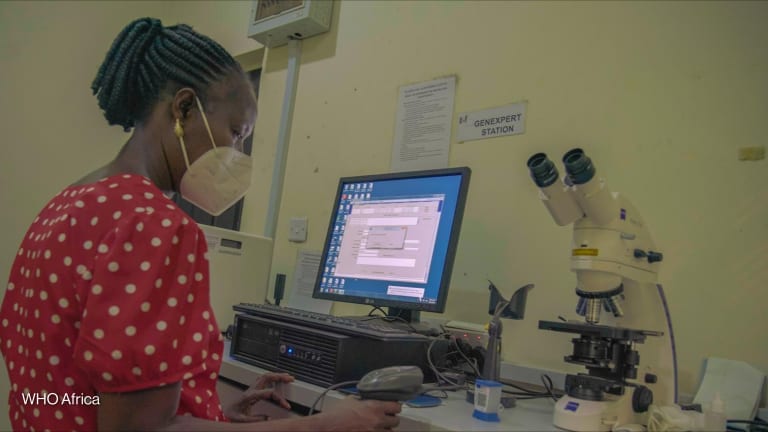It’s not uncommon for monitoring and evaluation to be treated as more of a task than a tool or as a requirement instead of an integral part of project implementation and learning, as Michael Klein, director of International Solutions Group, recently pointed out.
But “if you collect the basket of information that informs learning at all its levels, you’ll be able to extract from that the information you need to report effectively at any level, from an implementer to a donor, from a donor to their external stakeholders on up the chain,” said Keith Brown, senior vice president of programs at Management Systems International.
It’s an ongoing battle to really pull people, managers particularly, into the learning process, Brown said.
This story is forDevex Promembers
Unlock this story now with a 15-day free trial of Devex Pro.
With a Devex Pro subscription you'll get access to deeper analysis and exclusive insights from our reporters and analysts.
Start my free trialRequest a group subscriptionSearch for articles
Most Read
- 1
- 2
- 3
- 4
- 5








